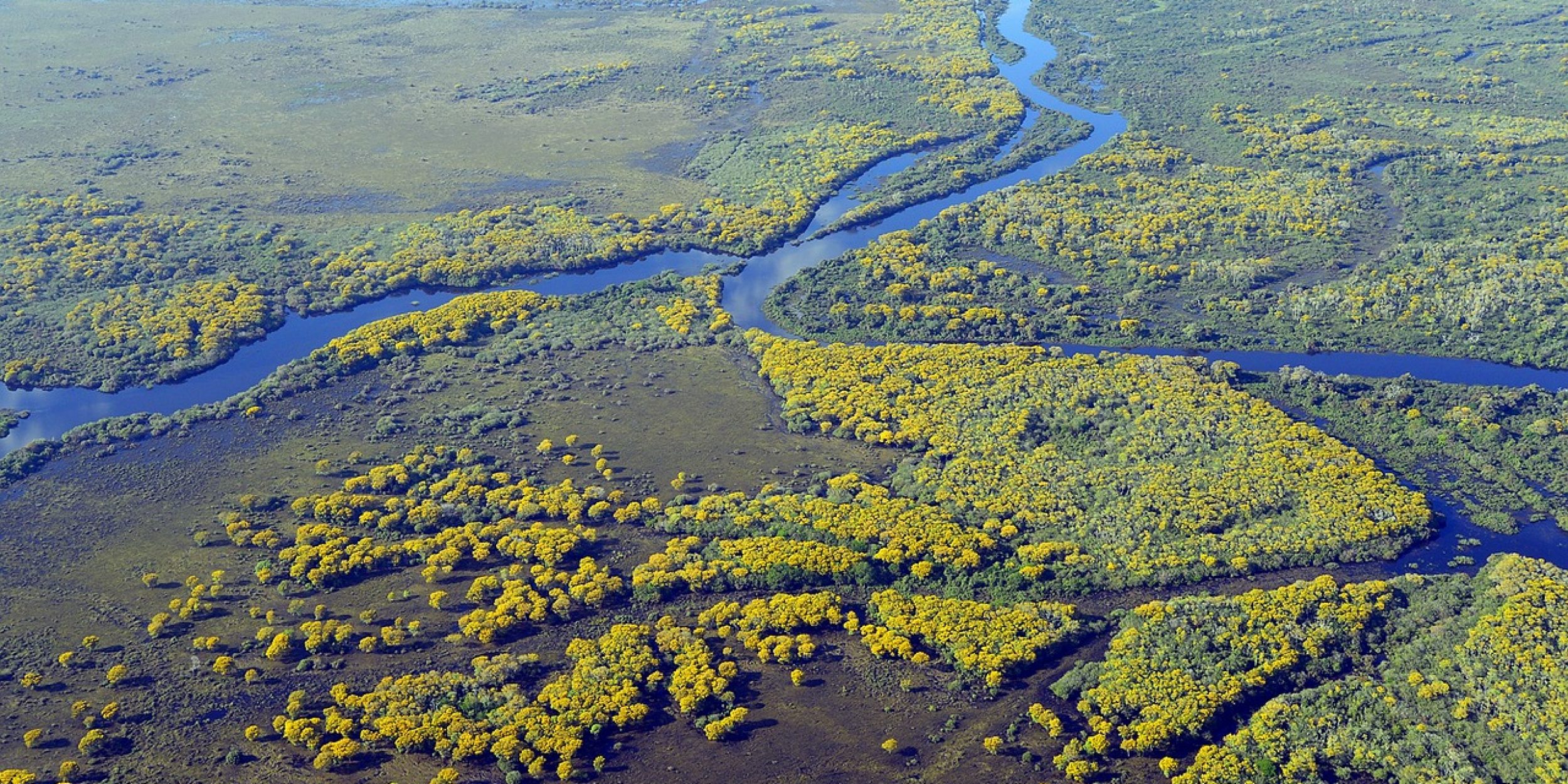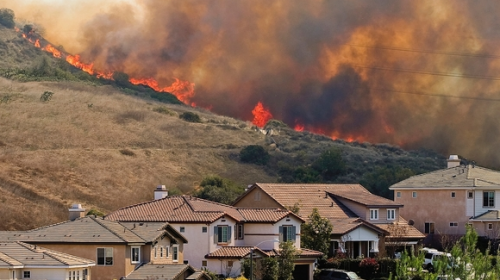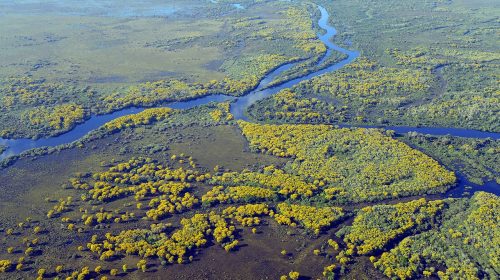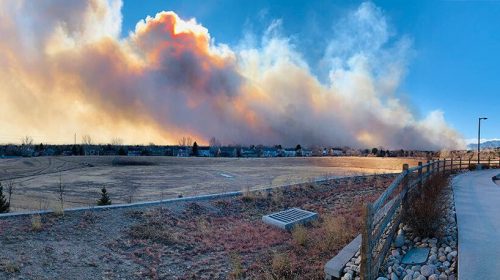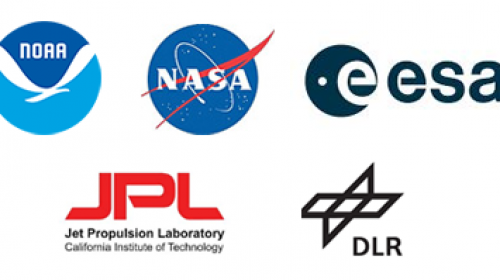A recent study by University of Colorado, Boulder researchers reveals that microbes, rather than fossil fuels, have been driving the surge in global methane emissions since 2020. Methane, a potent greenhouse gas, traps significantly more heat than carbon dioxide, making its reduction critical for mitigating climate change. The study, published in Proceedings of the National Academy of Sciences, highlights that microbial sources, such as wetlands and livestock, now contribute over 90 percent of methane emissions. However, reducing fossil fuel emissions remains essential for addressing climate impacts.
Lead authors Sylvia Englund Michel and Xin Lan are funded by the Climate Program Office’s Atmospheric Chemistry, Carbon Cycle and Climate (AC4) program, through a grant aimed at measuring and modeling methane across various scales.
Read the CU Boulder press release »
For more information, contact Clara Deck.


